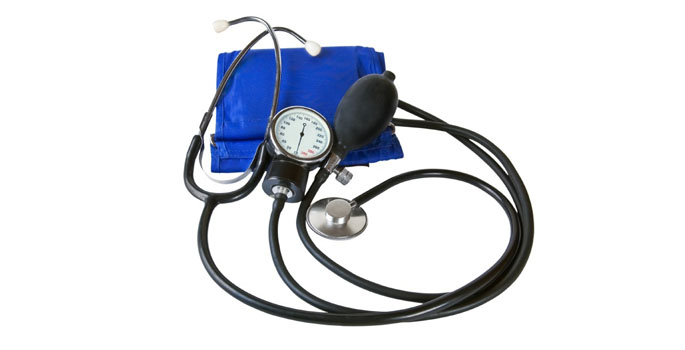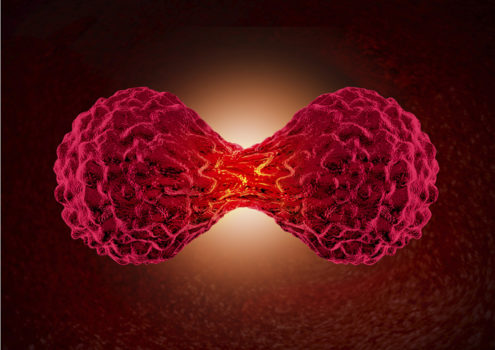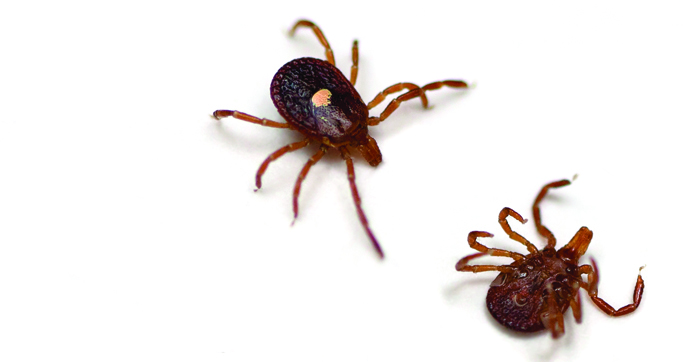Department Of Medicine
-

Nervous system’s role in hypertension
Increased activity of the “fight or flight” nervous system contributes to obesity-associated hypertension and may be a good therapeutic target for the disease. Read MoreAug 29, 2016
-

It takes two to tango: beta cell development
Defining the genes required for the function of insulin-producing beta cells is crucial for ongoing efforts to develop a cell-based therapy for diabetes. Read MoreJun 23, 2016
-

Landmark report urges caution before releasing gene drive-modified organisms
A new report released this week raises questions about “gene drives,” a biological process that can profoundly and rapidly alter the characteristics of entire species. Read MoreJun 9, 2016
-

Strategic planning, career development ahead: Brown
Nancy Brown, M.D., chair of the Department of Medicine, ticked off a wealth of accomplishments for the 2016 academic year at the recent State of the Department of Medicine Address Read MoreJun 9, 2016
-

Uninsured heart attack patients more likely to be transferred to another facility: study
A new study finds that uninsured heart attack patients are more likely to be transferred. Read MoreJun 9, 2016
-

Pregnancy-related heart disorder clues
Vanderbilt researchers have identified biomarkers that could be useful for evaluating and treating pregnancy-related heart failure. Read MoreJun 3, 2016
-

New software tracks cancer mutations, survival
A team at Vanderbilt University Medical Center (VUMC) has developed and tested software that scans electronic health records in real time to monitor cancer patient survival (from time of diagnosis) according to which genes, if any, are found to carry mutations. Read MoreJun 2, 2016
-

Diabetes management and low income
Adherence to medication was the only self-care activity independently associated with glycemic control in a low-income population. Read MoreApr 6, 2016
-

Immune defenses in asthma
Vanderbilt researchers show that a certain factor negatively impacts the first-line responder cells in the lungs, providing one explanation for why patients with asthma are at greater risk for invasive bacterial disease. Read MoreApr 5, 2016
-

Study looks at doctors’ response to genetic testing
A new clinical implementation study from Vanderbilt University Medical Center measures how physicians have responded to the introduction of routine genetic testing to predict patient response to the commonly prescribed antiplatelet drug clopidogrel. Read MoreMar 31, 2016
-

Vanderbilt Asthma, Sinus, Allergy Program sees uptick in alpha-gal syndrome
Vanderbilt’s Asthma, Sinus, and Allergy Program has seen an increase in the number of patients being treated for alpha-gal syndrome, commonly known as the red meat allergy linked to tick bites. Read MoreMar 31, 2016
-

Powers receives award from Nutrition and Dietetics association
James Powers, M.D., associate professor of Medicine and chief of Geriatric Medicine at the Veteran Affairs Medical Center, was recently named to receive the Iris Award from the Nashville Academy of Nutrition and Dietetics. Read MoreMar 31, 2016
-

Cancer prevention and poverty
A new epidemiological study supports smoking cessation and avoidance of sedentary lifestyle as cancer prevention measures. Read MoreMar 31, 2016
-

Readmission prediction face-off
Using patients’ health records to assess preparedness for hospital discharge is more effective at predicting readmission or death than commonly used questionnaires. Read MoreMar 23, 2016
-

New treatment for Crohn’s disease
A new biological therapy, ustekinumab, improves markers of disease activity in patients with severe Crohn’s disease. Read MoreMar 22, 2016
-

Melanoma response to immune therapy
Melanoma-specific expression of a certain protein identifies tumors that are more responsive to an immune therapy. Read MoreMar 3, 2016
-

Study seeks to ease pediatric HIV infection rates in Africa
Mother-to-child transmission of the human immunodeficiency virus (HIV), which causes AIDS, is still a major problem in resource-limited, rural areas of the world where health care providers are scarce. Read MoreMar 3, 2016
-

Study finds health literacy efforts ease readmission rates
Vanderbilt University Medical Center and Brigham and Women’s Hospital in Boston recently collaborated on a study analysis to determine the effect of a tailored, pharmacist-delivered health literacy intervention on unplanned hospital readmission or emergency department visit following discharge. Read MoreMar 3, 2016
-

Grant bolsters rheumatoid arthritis research
C. Michael Stein, MBChB., and his colleagues at Vanderbilt University Medical Center have received a five-year, $1.35 million award from the Arthritis Foundation to develop new biomarkers for rheumatoid arthritis that also may revolutionize treatment. Read MoreFeb 25, 2016
-

Hypertension hiatus
New findings offer a potential strategy for preventing heritable pulmonary arterial hypertension. Read MoreFeb 23, 2016